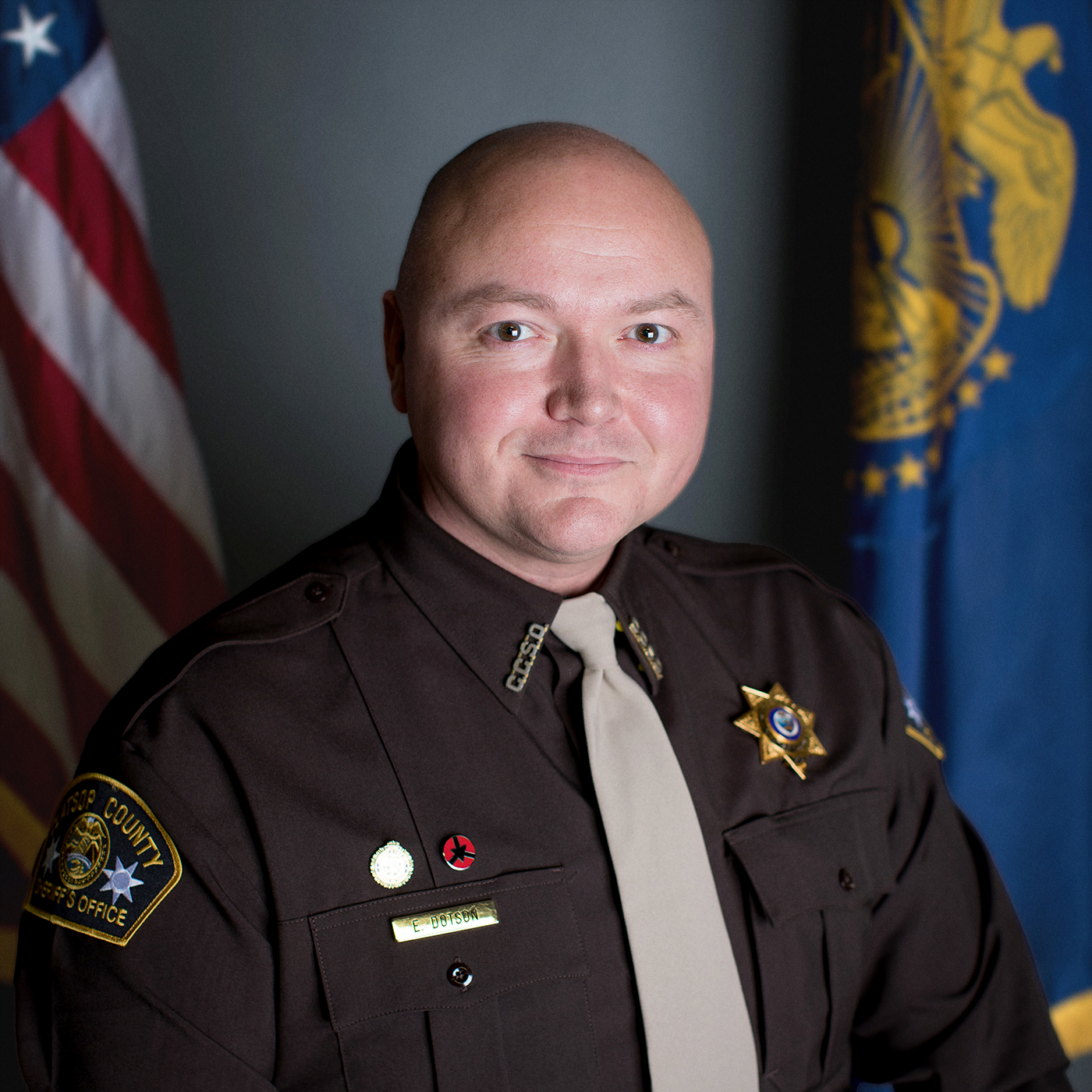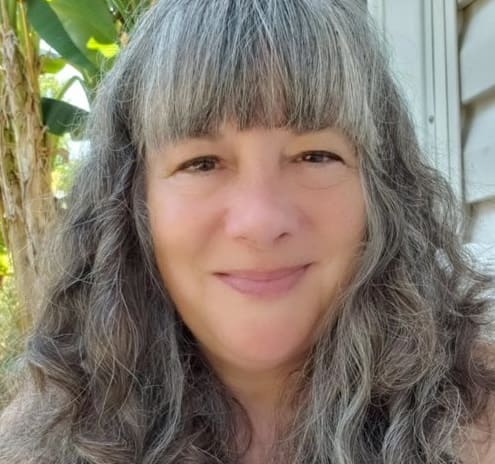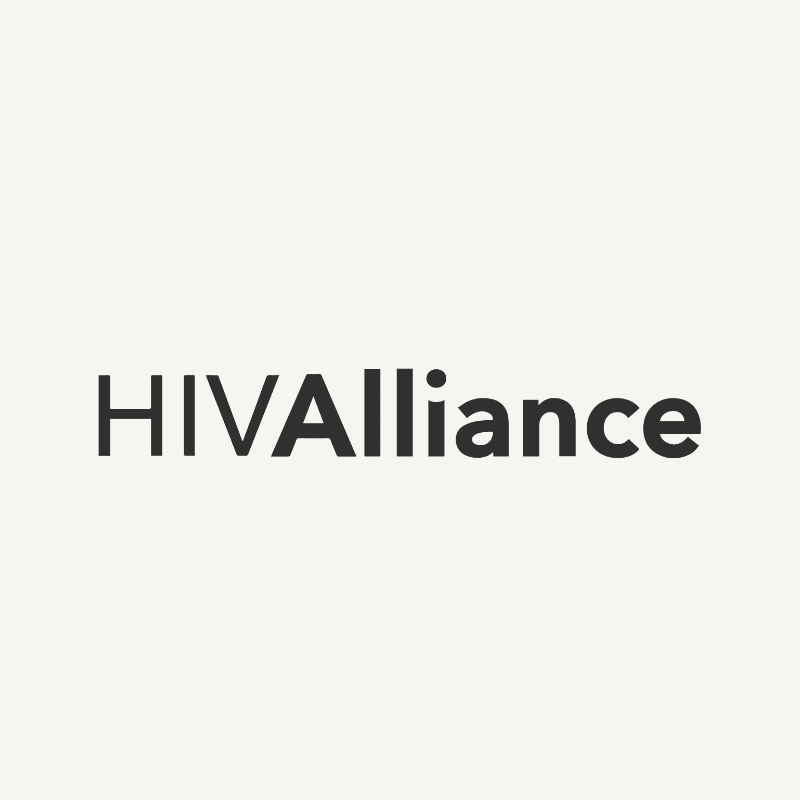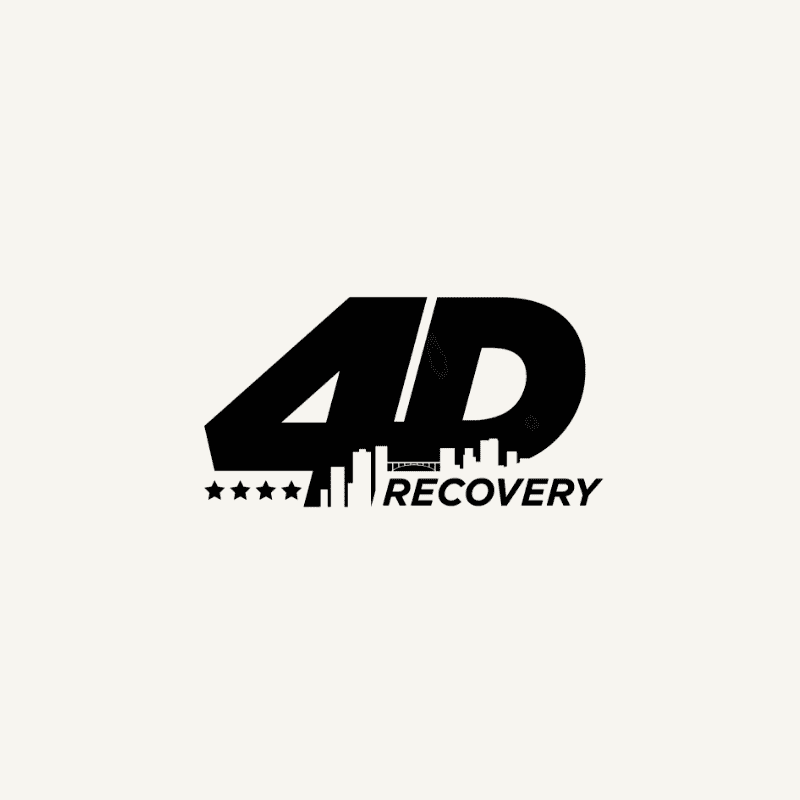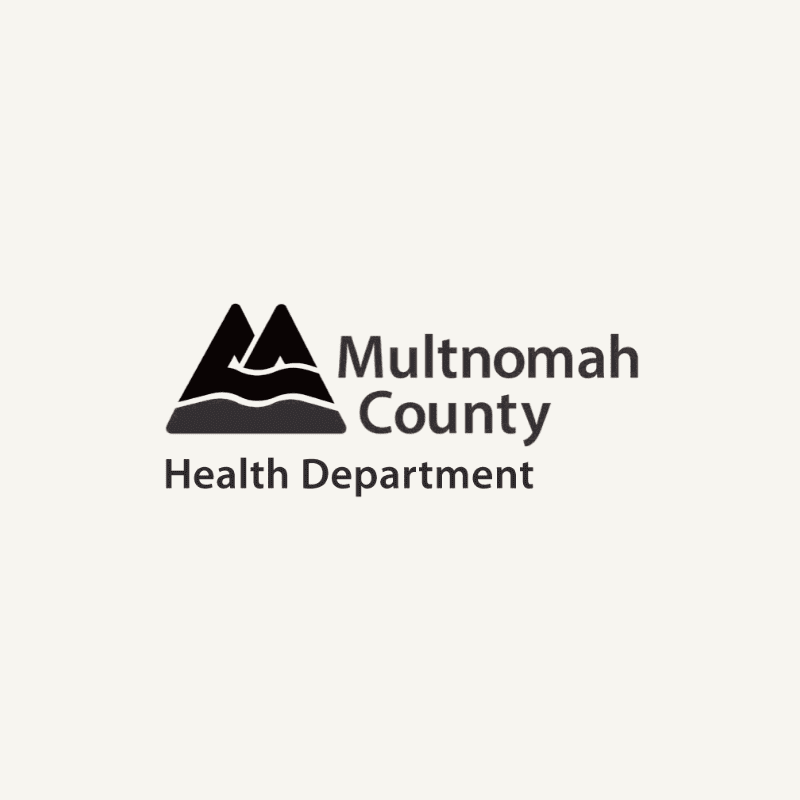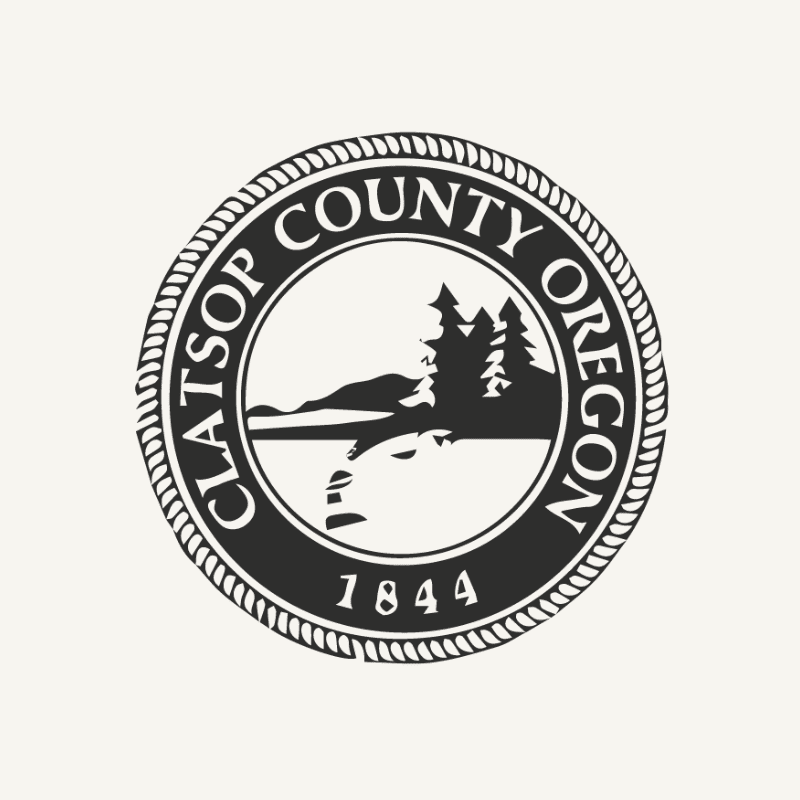Eric Dotson’s favorite part of his job at a correctional facility in Clatsop County was getting to know the people there. “The benefit of working in a correctional facility is that you see the same people every day for weeks or months. You get to know them, hear their stories, and understand their struggles.”
As he got to know the people who would come in, he saw an opportunity to provide more support to the individuals struggling with substance use disorder and even provide pathways to treatment.
“There is an opportunity while inside the jail to break the cycle. I knew that if we could get some support programs in place, we could save lives and make our community safer.”
Clatsop County is a small, rural county in the northwest corner of Oregon. Sgt. Dotson describes it as a place where everyone knows each other and where community care is part of the culture. Like many other parts of the state, the county has been impacted by the opioid crisis and the rise of fentanyl has made the need for harm reduction practices even more urgent.
“One of my first goals when I became a sergeant was to get a program in place that got harm reduction supplies in the hands of folks who needed it. When folks struggling with substance use disorder walk out the door of the facility, they are at risk of overdose — which has happened a few times in the last year alone. We have to get something in their hands to keep them safer.”
After extensive collaboration between the Clatsop County Sheriff’s Office and Clatsop Behavioral Health, they began to bring trained recovery allies into the jail facility. Recovery allies are peer mentors who have firsthand experience with substance use disorder and have gone through the treatment and recovery process.
“Their sole job is to be supportive and non-judgmental for the person who is struggling with substance use disorder. It’s that no judgment part and personal experience that allows for open communication.”
The recovery allies are also a source of support for addressing some of the contributing factors of substance use like experiencing homelessness. This holistic approach is essential for creating a continuum of care that protects the health, dignity and agency of people who use drugs.
In addition to the recovery allies coming to the facility, the Sheriff’s Office also began to provide life-saving harm reduction supplies to people who use drugs upon their release. But it wasn’t perfect at first.
“When we first started, the opioid overdose reversal medication that we could provide was in an injectable form. It was clunky because you needed the vial and the syringe — it was too complicated to effectively deliver it in an emergency. So when I found out that Save Lives Oregon could provide Narcan kits, it was a game changer.”
Narcan, or naloxone, is a life-saving medication that reverses opioid overdoses. The Save Lives Oregon Harm Reduction Clearinghouse provides supplies like naloxone and wound care kits at no cost to organizations that qualify and give our supplies directly to people who use drugs. The Save Lives Oregon initiative also provides training, guidance, and additional resources.
“Partnering with Save Lives Oregon has allowed us to have a consistent supply of naloxone so we don’t have to ration. Having Save Lives Oregon there with tons of resources and support that I can turn to is a huge relief.”
Recently, the Sheriff’s office and Clatsop Behavioral Health have partnered again to provide a medically assisted treatment (MAT) program within the facility.
“Clatsop Behavioral Health is absolutely critical to our MAT program. We provide a safe environment for recovery and help folks get into the program as quickly as possible. Clatsop Behavioral Health brings in counselors and doctors who support the recovery process, prescribe the right medication and set up the follow up treatments.”
The impact of the programs, and growing them over time with community support has saved lives and provided a path to recovery for those who opt in.
“The people who’ve started the program have been really successful. They’re staying actively engaged in the treatment program, following their medical protocols, and staying engaged with counseling. Some of these guys were stuck in a cycle of using drugs, ending up in jail and repeating. That part of the cycle has stopped.”
The programs have begun to change harmful misconceptions about substance use disorder and recovery — among both medical providers and in the wider community. “The more openly we talk about substance use the less stigma there is. And the more we destigmatize substance use disorder, harm reduction and treatment process , the more we can help people because they won’t be scared to come out of the shadows.”
Sgt. Dotson is eager to keep up the momentum and continue to build their programs — but the impact they’ve already made has been staggering.
“It’s been two and a half years and in my wildest dreams, I did not think we’d get as far as we’ve gotten now. Our ethos at our agencies is that everyone leaves better than they came in. To me this isn’t just words because the people we see in our facilities are our community members. They are our cousins, our family members, our friends that we grew up with. So we have to support them compassionately in this part of their life and provide pathways to recovery.
“A bunch of the guys that work at Clatsop Behavioral Health now used to be people that came through the facility and I knew them when they were struggling with their own substance use disorder. Now they are the most amazing counselors and we’re both part of the team that’s working to help other people along. It feels so good to be part of a group that’s helping people on their journey. ”
